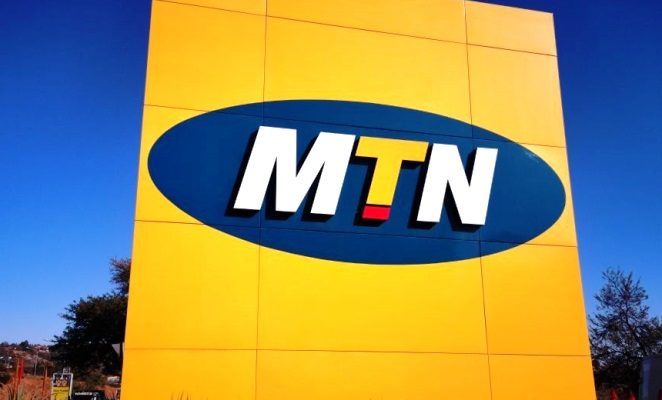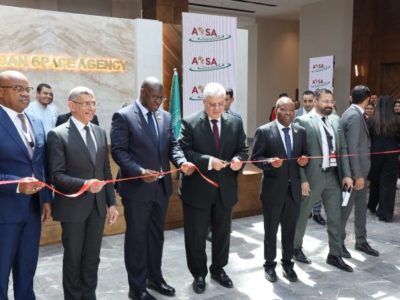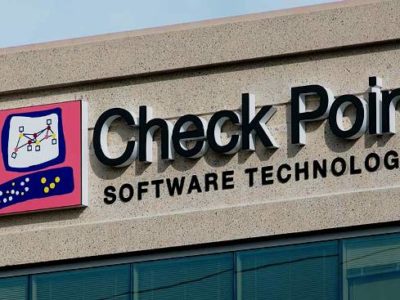MTN and Ericsson in conjunction with Refugees United have taken a bold step towards enabling the reconnection of refugees and internally displaced people (IDPs) with their families in Africa by launching a free mobile service to facilitate the reconnection of refugees and IDPs separated from their families and friends by conflicts and natural disasters.
A recent United Nations High Commission for Refugees UNHCR report estimates that more than 20% of refugees and IDPs reside in Africa and could potentially benefit from this mobile platform.
In the terms of the Memorandum of Understanding (MoU) between MTN and Ericsson, together with Refugees United, the successful refugee family tracing pilot conducted in Uganda will be expanded to include multiple locations across Africa, and is also committed to register 120 000 refugees on the service by the end of 2011.
With the mobile phones critical to extend the reach of the service, refugees with even the most basic handsets will use the Internet to register their details, search for loved ones and subsequently reconnect through mobile web browsers and computers.
The growth of mobile telephony is one of Africa’s success stories of the past two decades, with penetration passing the 50% mark at the end of 2010 with approximately 535 million mobile subscribers, while less than 10% of the African population has access to the Internet, and less than 2% to computers.
MTN will host and offer the free mobile service on their networks. Ericsson will provide the mobile application, technology and systems integration to enable the application in mobile networks while UNHCR will help implement the project in refugee settlements in selected countries.
Christopher Mikkelsen, Co-founder, Refugees United, stated that in their mission to help refugees searching for loved ones, the mobile phone is the link to the people they are working to help. “Coupled with the right information, a simple handheld device becomes a powerful connector in even the remotest of places. This partnership will enable us to reach and reconnect to countless separated families across Africa.”































